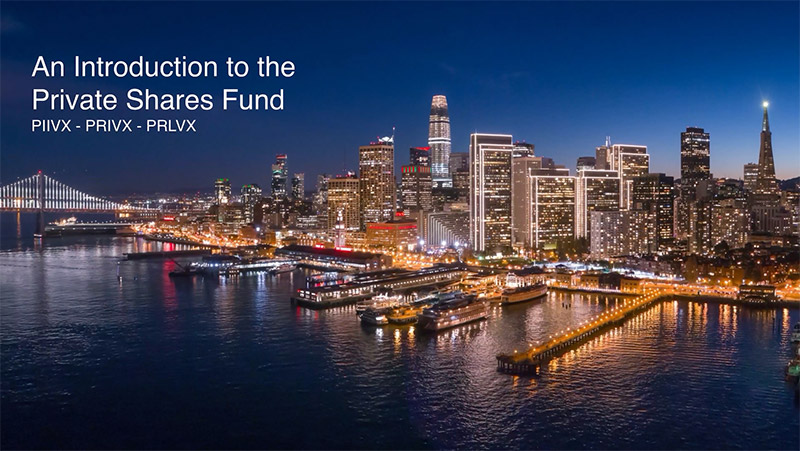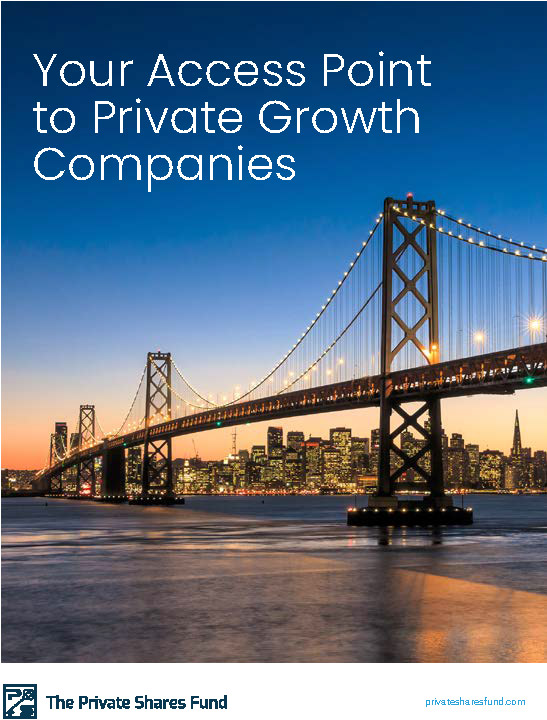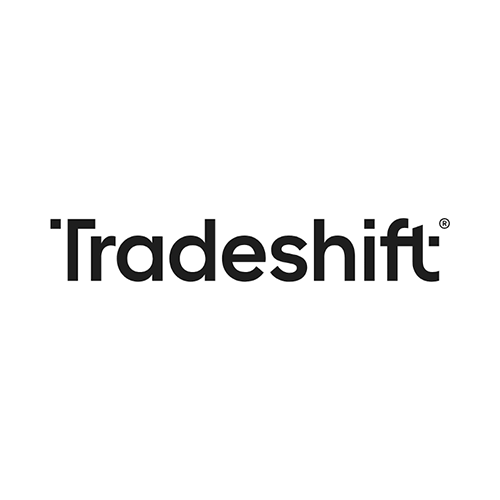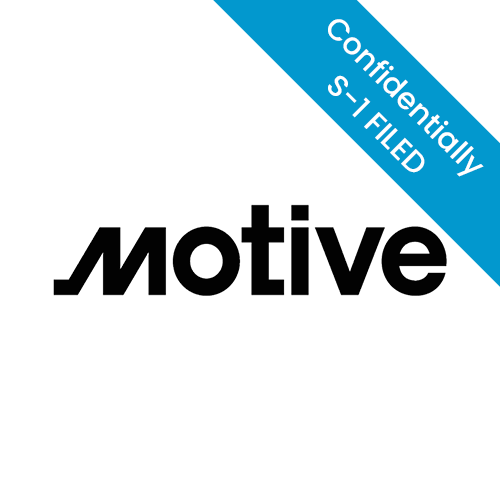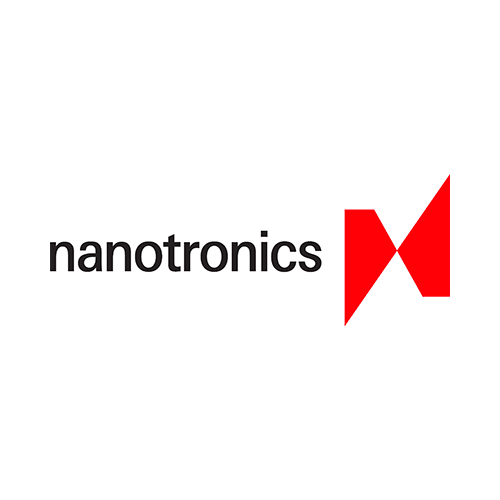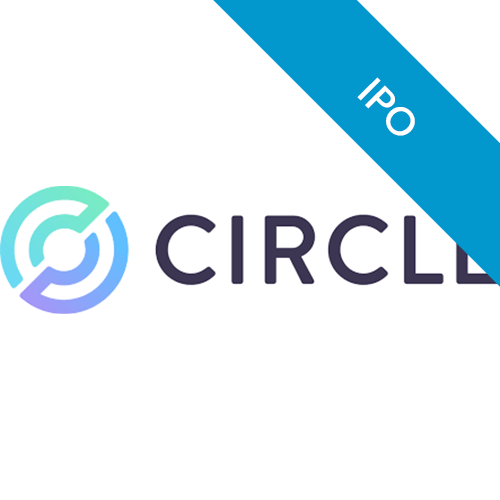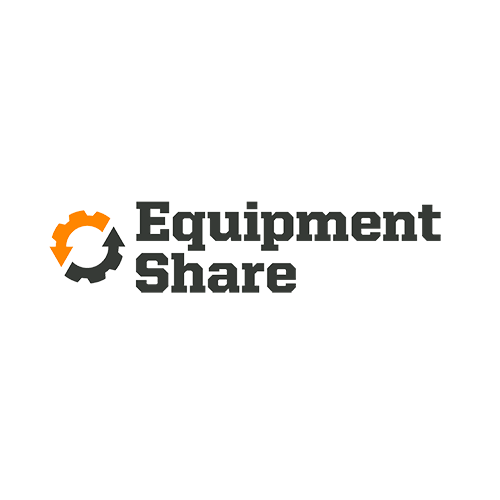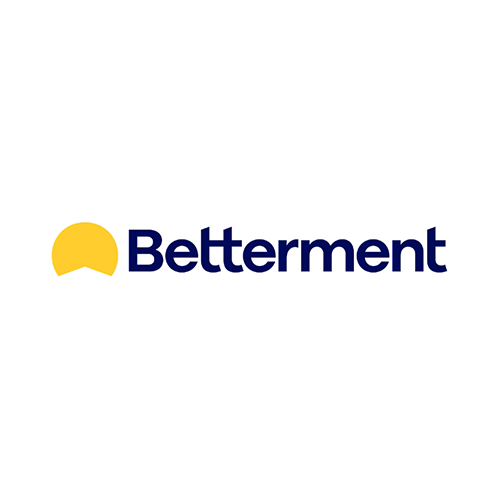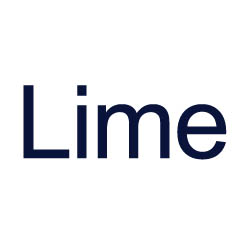Bloomberg Businessweek Podcast
With hosts Paul Sweeney and Alix Steel
Christian Munafo, Chief Investment Officer for Liberty Street Advisors, Inc., looks back the role SPACs played in the IPO market in 2020 and discusses what could be in store in 2021.
Paul Sweeney
Well, when you have markets at or near all-time highs as we do right now, you think about where we were back in March, it's just an extraordinary turnaround. But when you do get markets there, what you also get is a lot of companies tapping the initial public offering market either by a direct IPO, or now we've got SPACs and direct listings. To get a sense of kind of how 2020 played out and maybe how 2021 is going to look at this point, Christian Munafo, Chief Investment Officer of Liberty Street Advisors, also Portfolio Manager of SharesPost 100 Fund, he joins us on a phone from New York City. Christian, thanks so much for joining us here. Give us just a look back on 2020. It seemed like we had some really, really big deals.
Christian Munafo
Yes, good afternoon, it's nice to be with you. Yeah, it was certainly an active year in any stretch of the imagination. IPOs, the traditional IPO structure, at least, we've raised somewhere in the neighborhood of about $80 billion, which is almost up 2x from last year. SPACs were over $80 billion, coming off of $13 billion last year. Direct listings, as we know, are becoming more popular. So, it's certainly been an interesting time for private late-stage innovation companies, and it's worth just understanding that the structure that these companies are coming from is, essentially, structurally liquid, right? The private markets are in a structurally liquid asset class, and over the last couple of decades, what we've seen is that these private companies continue staying private for longer. And so as a result of that, you have these companies that are growing into much larger operating businesses, and at the time that they go public or are attracting also potential acquisition-oriented sponsor capital, they're just much larger businesses than what we saw in the past, when we think of companies like Microsoft and Oracle and those types of companies, when they went public. These companies are staying private for much longer, they're scaling into much larger businesses, and we're seeing a lot of demand for this high-growth innovation.
Alix Steel
So I'm going to try and tie this conversation into something that we saw in the markets overnight, and that was the big selloff we've seen over the last two days over in Asia, JD.com, Alibaba, etc., all of that really because China's cracking down on Ant, which was supposed to go public, would've been the biggest IPO ever, and then now they're cracking down, and we're seeing something somewhat similar in the US. Obviously, these are very different circumstances, but the idea that these companies are too big, they're doing too many things. What are you noticing in the private market with midsized companies? Are they getting that warning? Are they wanting to stay smaller?
Christian
Yeah, no, I think it's a very good question. I think we've been fortunate that we haven't seen this play out at scale as of yet. I mean, we saw, clearly, a debacle last year with WeWork, and there's obviously some other ones out there. You look with [crosstalk] all of these companies--
Alix
WeWork feels like a million years ago, by the way, doesn't it?
Christian
It does.
Alix
WeWhat?
Christian
Yeah, it does. [laughter]. Yeah, yeah, it sure does, except for those who invested into it, I'm sure.
Alix
That's true. [laughter] Good point.
Christian
Yeah, but look, I think the reality is, from a mainstream standpoint, a lot of the venture capitalists and growth equity investors who back these companies are very much focused on not just executing on the operational plans of the core company but also making sure that they're not overexposing themselves because they've seen what happens. There's been so much capital that's flown into these markets over the last decade alone. Somewhere in the order of six trillion has come into the private markets, of which over a trillion has been allocated just for venture, and so when you can raise that kind of money, it's not difficult to get excited about trying to grow into different areas. But I think what a lot of it comes down to is governance and discipline at the board level to make sure that the company's staying focused on its core competencies and not stretching itself.
Paul
So, Christian, what's your outlook for 2021? I guess just the broad market outlook is, "Okay, vaccines are coming, the worst, once we get past the next couple of months, will be behind us, and we can look forward to, maybe in the second half of the year, maybe even beginning in the second quarter, the economy beginning to grow again." What do you think about the capital-raising and the IPO and the going-public market in 2021?
Christian
Sure. So look, I think in any market from our experience and from our perspective, we believe that there's always going to be strong public market interest and demand for innovative, differentiated companies that are generating substantial growth and market penetration and that also can turn a profit, right, because we saw that with some of the companies we're mentioning. Even though they have these hypergrowth-type trajectories, they're unable to demonstrate profitability or at least a path to that. So it's our view that in any market cycle, there's going to continue to be strong demand for these types of companies that can show the ability to generate that profit, and again, there's just been a substantial supply buildup of many of these late-stage companies. And so when we look at 2021, we look at our own portfolio, we see activity that's happening, we believe that 2021 should continue to be a very active year for the late-stage private company space. What we saw this year clearly was an acceleration of technology adoption across the board., These are not only technologies that are going to be disruptive, but they're also going to be complementary, and so we think there's a lot of capital out there that's chasing growth, that's chasing innovation. We think it's going to continue for the foreseeable future.
Alix
Is it all going to be in tech start-ups?
Christian
Well, it depends on what your definition of start-up is, right? And so when you have companies that are generating hundreds of millions to billions in revenue, those are not start-ups from the traditional sense, and that's what many of these companies are. But look, not all these companies are going to be success stories, and not all of these companies are also going to achieve a public market currency. We have to remember that there's hundreds of billions in cash sitting on the balance sheets of the mega tech companies alone that are looking for ways to augment their own reach and capabilities. And so a lot of these companies will also get acquired, but yes, to your point, they're certainly not going to be all success stories.
Paul
Hey, Christian, thanks so much for joining. We appreciate it so much. Very interesting talking tech investing and just growth investing in general. Christian Munofo - he is the Chief Investment Officer for Liberty Street Advisors, also Portfolio Manager of SharesPost 100 Fund - joining us on the phone from New York City.
Note: A special purpose acquisition company or SPAC is a company with no commercial operations that is formed strictly to raise capital through an initial public offering (IPO) for the purpose of acquiring an existing company.
Important Disclosure
As of December 9, 2020, Liberty Street Advisors, Inc. became the adviser to the Fund. The Fund’s portfolio managers did not change. Effective April 30, 2021, the Fund changed its name from the “SharesPost 100 Fund” to “The Private Shares Fund.” Effective July 7, 2021, the Fund made changes to its investment strategy. In addition to directly investing in private companies, the Fund may also invest in private investments in public equity (“PIPEs”) where the issuer is a special purpose acquisition company (“SPAC”), and profit sharing agreements.
Investors should consider the investment objectives, risks, charges and expenses carefully before investing. For a prospectus with this and other information about The Private Shares Fund (the "Fund"), please download here, or call 1-855-551-5510. Read the prospectus carefully before investing.
The investment minimums are $2,500 for the Class A Share and Class L Share, and $1,000,000 for the Institutional Share
Investment in the Fund involves substantial risk. The Fund is not suitable for investors who cannot bear the risk of loss of all or part of their investment. The Fund is appropriate only for investors who can tolerate a high degree of risk and do not require a liquid investment. The Fund has no history of public trading and investors should not expect to sell shares other than through the Fund's repurchase policy regardless of how the Fund performs. The Fund does not intend to list its shares on any exchange and does not expect a secondary market to develop.
All investing involves risk including the possible loss of principal. Shares in the Fund are highly illiquid, and can be sold by shareholders only in the quarterly repurchase program of the Fund which allows for up to 5% of the Fund's outstanding shares at NAV to be redeemed each quarter. Due to transfer restrictions and the illiquid nature of the Fund's investments, you may not be able to sell your shares when, or in the amount that, you desire. The Fund intends to primarily invest in securities of private, late-stage, venture-backed growth companies. There are significant potential risks relating to investing in such securities. Because most of the securities in which the Fund invests are not publicly traded, the Fund's investments will be valued by Liberty Street Advisors, Inc. (the "Investment Adviser") pursuant to fair valuation procedures and methodologies adopted by the Board of Trustees. While the Fund and the Investment Adviser will use good faith efforts to determine the fair value of the Fund's securities, value will be based on the parameters set forth by the prospectus. As a consequence, the value of the securities, and therefore the Fund's Net Asset Value (NAV), may vary.
There are significant potential risks associated with investing in venture capital and private equity-backed companies with complex capital structures. The Fund focuses its investments in a limited number of securities, which could subject it to greater risk than that of a larger, more varied portfolio. There is a greater focus in technology securities that could adversely affect the Fund’s performance. The Fund's quarterly repurchase policy may require the Fund to liquidate portfolio holdings earlier than the Investment Adviser would otherwise do so and may also result in an increase in the Fund's expense ratio. Portfolio holdings of private companies that become publicly traded likely will be subject to more volatile market fluctuations than when private, and the Fund may not be able to sell shares at favorable prices, such companies frequently impose lock-ups that would prohibit the Fund from selling shares for a period of time after an initial public offering (IPO). Market prices of public securities held by the Fund may decline substantially before the Investment Adviser is able to sell the securities.
The Fund may invest in private securities utilizing special purpose vehicles ("SPV"s), private investment funds (“Private Funds”), private investments in public equity ("PIPE") transactions where the issuer is a special purpose acquisition company ("SPAC"), and profit sharing agreements. The Fund will bear its pro-rata portion of expenses on investments in SPVs, Private Funds, or similar investment structures and will have no direct claim against underlying portfolio companies. PIPE transactions involve price risk, market risk, expense risk, and the Fund may not be able to sell the securities due to lock-ups or restrictions. Profit sharing agreements may expose the Fund to certain risks, including that the agreements could reduce the gain the Fund otherwise would have achieved on its investment, may be difficult to value and may result in contractual disputes. Certain conflicts of interest involving the Fund and its affiliates could impact the Fund’s investment returns and limit the flexibility of its investment policies. This is not a complete enumeration of the Fund's risks. Please read the Fund prospectus for other risk factors related to the Fund.
The Fund may not be suitable for all investors. Investors are encouraged to consult with appropriate financial professionals before considering an investment in the Fund.
Companies that may be referenced on this website are privately-held companies. Shares of these privately-held companies do not trade on any national securities exchange, and there is no guarantee that the shares of these companies will ever be traded on any national securities exchange.
The Private Shares Fund is distributed by FORESIDE FUND SERVICES, LLC
Important Disclosure
As of December 9, 2020, Liberty Street Advisors, Inc. became the adviser to the Fund. The Fund’s portfolio managers did not change. Effective April 30, 2021, the Fund changed its name from the “SharesPost 100 Fund” to “The Private Shares Fund.” Effective July 7, 2021, the Fund made changes to its investment strategy. In addition to directly investing in private companies, the Fund may also invest in private investments in public equity (“PIPEs”) where the issuer is a special purpose acquisition company (“SPAC”), and profit sharing agreements.
Investors should consider the investment objectives, risks, charges and expenses carefully before investing. For a prospectus with this and other information about The Private Shares Fund (the "Fund"), please download here, or call 1-855-551-5510. Read the prospectus carefully before investing.
The investment minimums are $2,500 for the Class A Share and Class L Share, and $1,000,000 for the Institutional Share
Investment in the Fund involves substantial risk. The Fund is not suitable for investors who cannot bear the risk of loss of all or part of their investment. The Fund is appropriate only for investors who can tolerate a high degree of risk and do not require a liquid investment. The Fund has no history of public trading and investors should not expect to sell shares other than through the Fund's repurchase policy regardless of how the Fund performs. The Fund does not intend to list its shares on any exchange and does not expect a secondary market to develop.
All investing involves risk including the possible loss of principal. Shares in the Fund are highly illiquid, and can be sold by shareholders only in the quarterly repurchase program of the Fund which allows for up to 5% of the Fund's outstanding shares at NAV to be redeemed each quarter. Due to transfer restrictions and the illiquid nature of the Fund's investments, you may not be able to sell your shares when, or in the amount that, you desire. The Fund intends to primarily invest in securities of private, late-stage, venture-backed growth companies. There are significant potential risks relating to investing in such securities. Because most of the securities in which the Fund invests are not publicly traded, the Fund's investments will be valued by Liberty Street Advisors, Inc. (the "Investment Adviser") pursuant to fair valuation procedures and methodologies adopted by the Board of Trustees. While the Fund and the Investment Adviser will use good faith efforts to determine the fair value of the Fund's securities, value will be based on the parameters set forth by the prospectus. As a consequence, the value of the securities, and therefore the Fund's Net Asset Value (NAV), may vary.
There are significant potential risks associated with investing in venture capital and private equity-backed companies with complex capital structures. The Fund focuses its investments in a limited number of securities, which could subject it to greater risk than that of a larger, more varied portfolio. There is a greater focus in technology securities that could adversely affect the Fund’s performance. The Fund's quarterly repurchase policy may require the Fund to liquidate portfolio holdings earlier than the Investment Adviser would otherwise do so and may also result in an increase in the Fund's expense ratio. Portfolio holdings of private companies that become publicly traded likely will be subject to more volatile market fluctuations than when private, and the Fund may not be able to sell shares at favorable prices, such companies frequently impose lock-ups that would prohibit the Fund from selling shares for a period of time after an initial public offering (IPO). Market prices of public securities held by the Fund may decline substantially before the Investment Adviser is able to sell the securities.
The Fund may invest in private securities utilizing special purpose vehicles ("SPV"s), private investment funds (“Private Funds”), private investments in public equity ("PIPE") transactions where the issuer is a special purpose acquisition company ("SPAC"), and profit sharing agreements. The Fund will bear its pro-rata portion of expenses on investments in SPVs, Private Funds, or similar investment structures and will have no direct claim against underlying portfolio companies. PIPE transactions involve price risk, market risk, expense risk, and the Fund may not be able to sell the securities due to lock-ups or restrictions. Profit sharing agreements may expose the Fund to certain risks, including that the agreements could reduce the gain the Fund otherwise would have achieved on its investment, may be difficult to value and may result in contractual disputes. Certain conflicts of interest involving the Fund and its affiliates could impact the Fund’s investment returns and limit the flexibility of its investment policies. This is not a complete enumeration of the Fund's risks. Please read the Fund prospectus for other risk factors related to the Fund.
The Fund may not be suitable for all investors. Investors are encouraged to consult with appropriate financial professionals before considering an investment in the Fund.
Companies that may be referenced on this website are privately-held companies. Shares of these privately-held companies do not trade on any national securities exchange, and there is no guarantee that the shares of these companies will ever be traded on any national securities exchange.
The Private Shares Fund is distributed by FORESIDE FUND SERVICES, LLC

